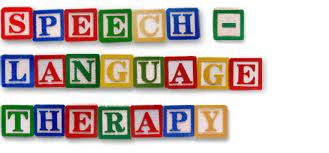Sara Dimerman in conversation with Rozanne Israel.
Over the course of this episode you will learn more about:
- How to identify signs that your child may be speech/language delayed compared to the average child his/her age.
- Reasons why your child may be experiencing speech/language difficulties.
- What’s the difference between a speech versus a language concern.
- What steps to take in order to have your child assessed and by whom
- Why a formal assessment may be key to getting your child the help he/she needs
- The tests that may be used to assess your child
- Various types of speech/language delays or difficulties e.g. stuttering, voice disorders, receptive language delay, expressive language delay, phonological delay, articulation difficulty, motor speech disorder
- Treatment approaches to dealing with speech/language delays or difficulties in children.
- Your emotional reaction to learning that your child has a speech/language delay or difficulty.
- How to advocate on your child’s behalf at school and outside of school
- Dos and don’ts when dealing with a child who has a speech/language delay or difficulty.
- What resources and supports are available to you and your child.
